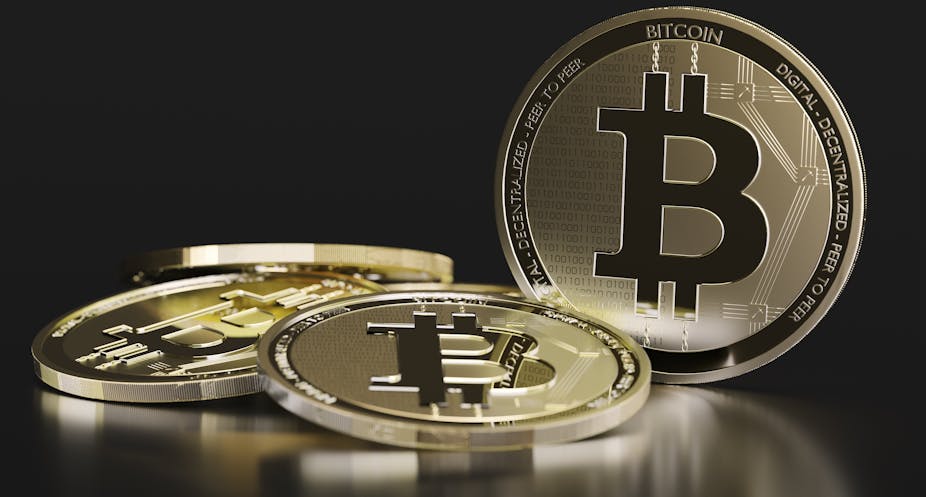For those interested in the financial markets, prop trading can be an appealing opportunity. Prop trading, short for proprietary trading, allows individuals or firms to use their own capital to trade assets such as stocks, bonds, or commodities. Unlike retail trading, where individuals use their personal funds, prop trading offers the advantage of using the firm’s capital, which can significantly increase the potential for profit. However, this opportunity is not without its challenges. In this article, we will explore whether prop trading is a viable path to financial independence and the opportunities it presents.
What is Prop Trading?
Prop trading is when a trading firm or individual trades financial instruments using its own money, as opposed to managing client funds. The goal is to generate profits for the firm or trader by leveraging market strategies. A key benefit is that traders often keep a percentage of the profits they make. This can be much higher than what typical retail traders can earn through standard brokerage accounts.
However, prop trading is not without risks. It requires a deep understanding of the markets and sophisticated strategies to manage the risks involved. Traders must also be disciplined in their decision-making process and avoid over-leveraging, which could lead to significant losses.
Key Benefits of Prop Trading
- Leverage Capital: One of the most attractive aspects of prop trading is the ability to use the firm’s capital to trade. This allows traders to take positions that are much larger than what they could afford with personal funds.
- Profit Sharing: Traders typically receive a percentage of the profits they generate. This can lead to substantial earnings if the trader is skilled and able to consistently make profitable trades.
- Access to Resources: Many prop trading firms provide their traders with access to advanced trading platforms, tools, and research. This gives traders the edge needed to make informed decisions and increase their chances of success.
- Learning Opportunities: Since prop trading firms often offer training and mentorship, it provides a chance for aspiring traders to learn from more experienced professionals. This support system can be crucial for individuals looking to develop their trading skills.
Challenges of Prop Trading
While the opportunities are appealing, it’s essential to acknowledge the challenges that come with crypto prop firm trading.
- High Risk: As with any form of trading, prop trading carries a level of risk. Although the capital is provided by the firm, traders can still face financial loss if their strategies do not work out. A good understanding of risk management is vital for success.
- Pressure to Perform: Many prop trading firms have performance targets. Traders need to generate consistent profits to maintain their position and earn a share of the profits. This pressure can be overwhelming, especially for beginners.
- Competition: Prop trading firms often attract talented traders. As a result, there is significant competition to prove one’s skills and remain profitable. This competition can be intense, and not all traders will succeed in maintaining their edge.
Is Prop Trading the Right Path to Financial Independence?
For those who are disciplined, have a solid understanding of the markets, and are willing to take calculated risks, prop trading can indeed be a path to financial independence. However, it’s not a guaranteed route. Like any career in finance, it requires continuous learning, persistence, and adaptability.
If you’re considering prop trading as a way to build wealth, it’s important to assess your risk tolerance and ability to manage the pressures that come with it. You must also be prepared to invest time in mastering the necessary skills and strategies to succeed.
Conclusion
Prop trading offers significant opportunities for those seeking financial independence, but it’s not without its challenges. By leveraging capital, gaining access to resources, and potentially benefiting from profit-sharing, traders can achieve substantial financial gains. However, success in prop trading requires a strong understanding of the market, discipline, and the ability to manage risks effectively. Whether or not prop trading is the right path for you depends on your financial goals, risk appetite, and commitment to learning.





